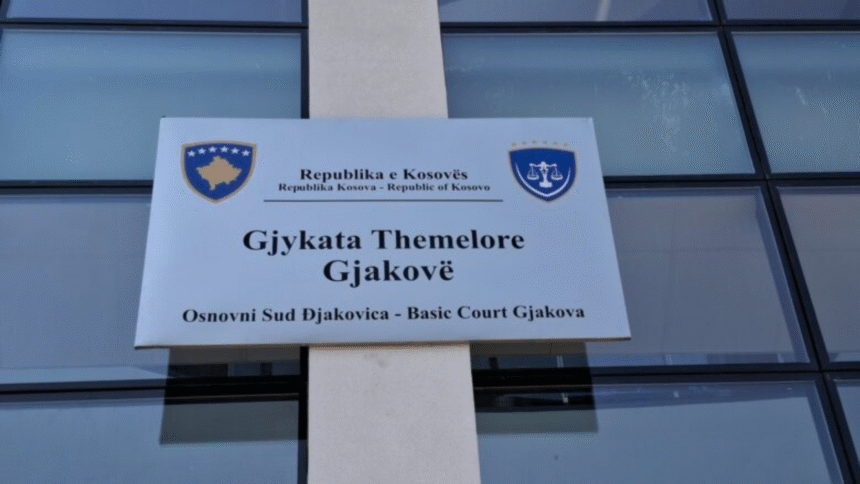The initial hearing in the war crimes case against Dragan Ristić failed to take place on Monday at the Basic Court in Pristina, due to the Special Prosecution of Kosovo not translating the case files into the defendant’s language.
Ristić’s defense attorney, Jovana Filipović, stated that apart from the indictment, none of the supporting documents had been made available to the defense.
“We haven’t received any of the case files,” she said, as reported by Betimi për Drejtësi.
Special Prosecutor Kastriot Memaj acknowledged the issue, citing the large volume of documents and the heavy workload of translators, making it impossible to translate everything on time. He requested understanding and proposed to continue the proceedings, noting that the indictment itself had been translated.
However, Filipović insisted that the hearing be postponed, arguing that the defendant’s right to a fair trial was not being respected.
“This right has not been upheld, so the hearing must be postponed,” she emphasized.
Presiding judge Rrahman Beqiri agreed and officially postponed the hearing to a later date.
The Indictment
According to the indictment filed by the Special Prosecution on June 27, 2025, Dragan Ristić is accused of committing war crimes against the civilian population in Gjakova during the 1998–1999 war, in collaboration with other members of Serbian police and military forces.
He is alleged to have participated in:
- Murders, including the execution of two civilians (C.H. and I.L.) on May 10, 1999, who were later found in a mass grave in Batajnica, Serbia.
- Psychological and physical abuse, unlawful arrests, plundering and destruction of private property, and forcible displacement of Albanian civilians.
- Targeting specific families like the Caka and Dyla families, killing M.D., and wounding others including Florije and Dukagjin Dyla.
- Systematic separation and detention of Albanian men at makeshift checkpoints like the one at Islam Begu bridge, leading to imprisonment, torture, and inhumane conditions for around 300 civilians, with 150 sent to prisons in Serbia.
The indictment further details:
- That on May 10, 1999, entire neighborhoods in Gjakova were emptied at gunpoint, with homes looted and burned.
- The aimed targeting of civilians, including women and children, as part of a wider, coordinated campaign of ethnic cleansing.
Ristić is charged under Article 142 in conjunction with Article 22 of the Criminal Code of the Socialist Federal Republic of Yugoslavia, applicable at the time of the alleged crimes, for “War crimes against the civilian population” committed in co-perpetration.







